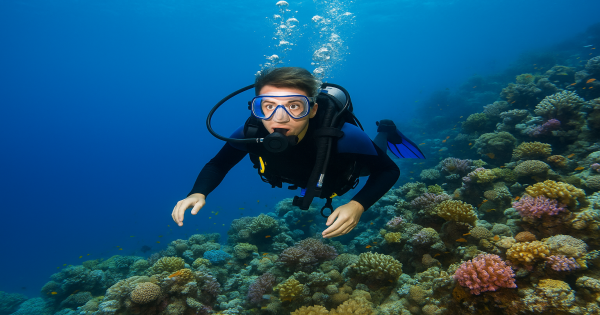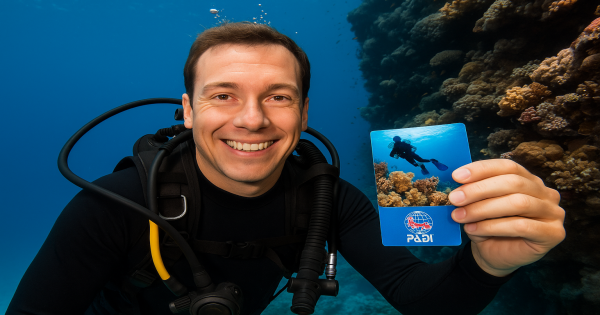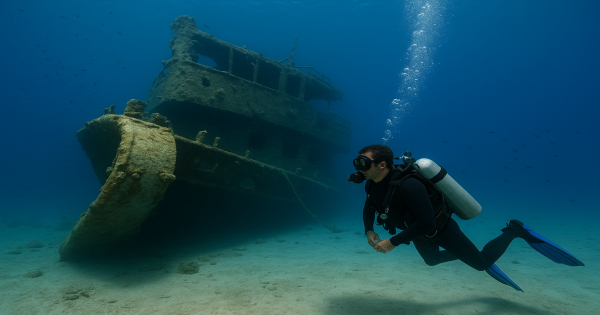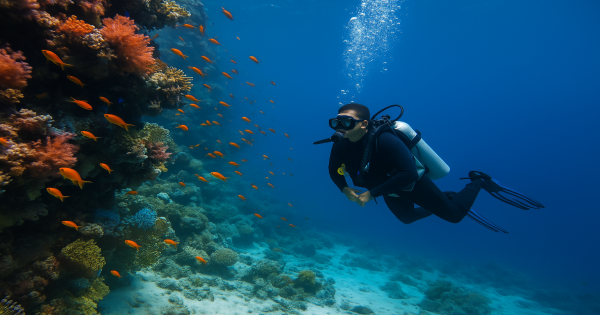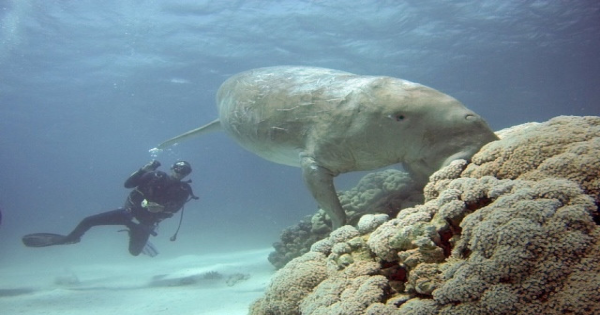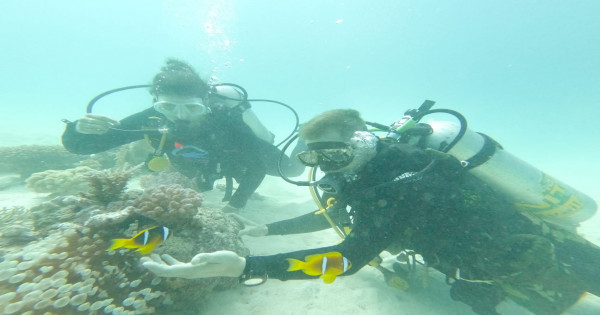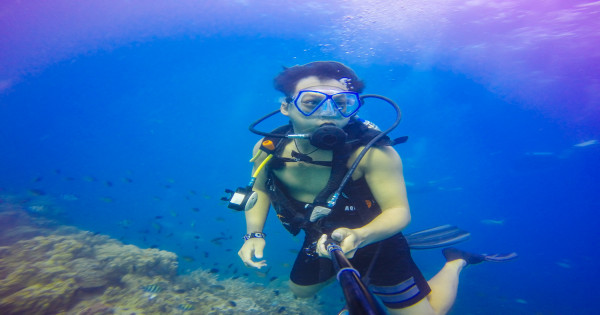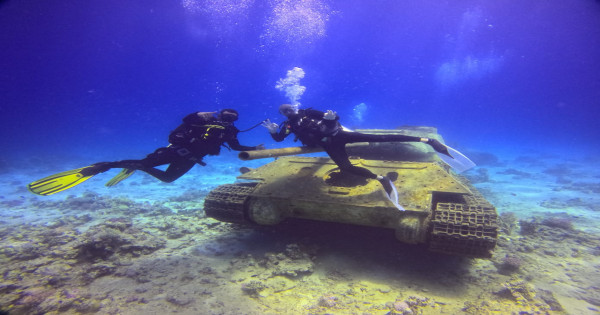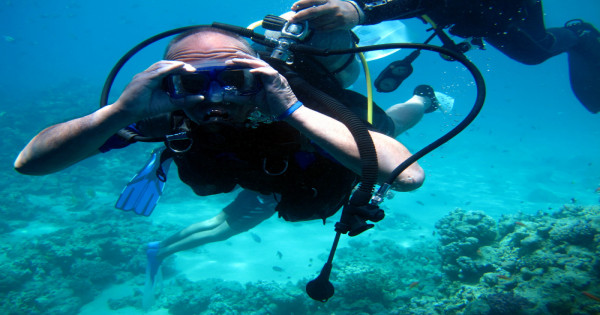Blog Details
What Happens to Your Body When Diving Underwater
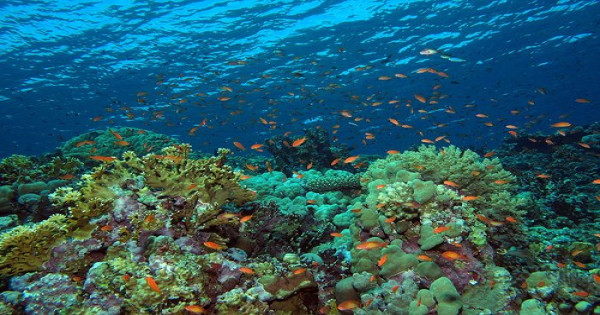
Diving underwater is an incredibly exciting experience, but it also has various effects on the body. In this article, we will explore the physiological impacts of diving and how to manage them safely and effectively.
Water Pressure
As we discussed earlier, pressure increases with depth. Specifically, for every 10 meters underwater, the pressure increases by approximately 1 bar. This pressure affects the lungs and ears, necessitating equalization of pressure in the ears—a technique known as equalization—to prevent any injuries.
Oxygen Requirements
When diving, the body's need for oxygen increases. This demand is addressed through underwater oxygen devices. It is essential to manage these devices properly and to breathe slowly to minimize oxygen consumption. Prior training on using these devices before
entering the water is crucial
Deep Diving
Deep diving has significant effects on the body, including the risk of decompression sickness, commonly known as "the bends." This medical condition occurs due to increased pressure on the body and requires medical consultation if symptoms arise.
Effects of Cold
During a dive, the body is subjected to the temperature of the water, which can be quite cold. Therefore, divers should wear wetsuits to maintain body temperature and prevent feelings of cold or hypothermia.
Psychological Effects
In addition to the physiological impacts, it is essential to acknowledge the psychological effects of diving. The experience can be overwhelmingly positive, as it attracts many tourists to locations like Marsa Alam, Sharm El Sheikh, and Hurghada. However, some divers may experience anxiety or stress. It is crucial to remain calm and
What Happens to Your Body When Diving Underwater
Diving underwater is an incredibly exciting experience, but it also has various effects on the body. In this article, we will explore the physiological impacts of diving and how to manage them safely and effectively.
Water Pressure
As we discussed earlier, pressure increases with depth. Specifically, for every 10 meters underwater, the pressure increases by approximately 1 bar. This pressure affects the lungs and ears, necessitating equalization of pressure in the ears—a technique known as equalization—to prevent any injuries.
Oxygen Requirements
When diving, the body's need for oxygen increases. This demand is addressed through underwater oxygen devices. It is essential to manage these devices properly and to breathe slowly to minimize oxygen consumption. Prior training on using these devices before entering the water is crucial.
Deep Diving
Deep diving has significant effects on the body, including the risk of decompression sickness, commonly known as "the bends." This medical condition occurs due to increased pressure on the body and requires medical consultation if symptoms arise.
Effects of Cold
During a dive, the body is subjected to the temperature of the water, which can be quite cold. Therefore, divers should wear wetsuits to maintain body temperature and prevent feelings of cold or hypothermia.
Psychological Effects
In addition to the physiological impacts, it is essential to acknowledge the psychological effects of diving. The experience can be overwhelmingly positive, as it attracts many tourists to locations like Marsa Alam, Sharm El Sheikh, and Hurghada. However, some divers may experience anxiety or stress. It is crucial to remain calm and manage these feelings wisely.
Conclusion
Diving offers numerous benefits and various effects on the body, making it important to understand these factors to avoid underwater complications or injuries. Having a skilled instructor can help you learn how to navigate potential issues. Join us for a memorable and professional diving experience, ensuring you make the most of your underwater adventure.
manage these feelings wisely.
Conclusion
Diving offers numerous benefits and various effects on the body, making it important to understand these factors to avoid underwater complications or injuries. Having a skilled instructor can help you learn how to navigate potential issues. Join us for a memorable and professional diving experience, ensuring you make the most of your underwater adventure.
